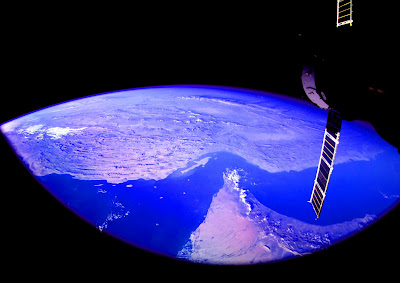
As everyone starts to freak out about what it would mean for the UK – with its high gas import dependency on Qatar and low gas storage capacity – if Iran closed the Straits of Hormuz, Chatham House’s Paul Stevens has a useful corrective in this morning’s FT. There are two key reasons why Iran is unlikely to try to block the Straits, he argues:
The first reason to believe Iran might stop short of closing the strait is simply because such a move would fail. Cutting off Gulf oil supplies represents an existential threat to the west that it would have to use force to counter. The response, if transit were seriously threatened, would rapidly degenerate into a shooting war between Iran and the US supported by many of its allies. While oil prices might reach unprecedented new levels, the US Navy would quickly restore access.
The second reason is that a serious threat to close Hormuz is arguably the principal Iranian deterrent against a military attack by the US or Israel on its nuclear facilities. So to use it in response to an EU oil embargo would be using that proverbial sledgehammer to crack a pistachio nut.
And in any case, he goes on, “Iran does have other options to retaliate. It could intensify pressure on oil prices by contributing to the instability in Iraq that has followed the US troop withdrawal as the Shia ruling clique has begun a de facto war of attrition against the Sunnis.”
All this said, Stevens is also heavily sceptical about whether the EU’s embargo on Iran will actually work:
History is littered with failed oil embargoes, ranging from Cuba, Rhodesia and South Africa to the embargo against Iraq after 1990.It is also worth highlighting that an EU oil embargo would greatly strengthen the regime of Mahmoud Ahmadi-Nejad at a time when it is under considerable pressure, especially with the parliamentary elections looming in March. Unemployment remains high, as does inflation, which has been greatly aggravated by the removal of many price subsidies in the past twelve months. Also in the past few weeks, the value of the Iranian rial against the dollar has fallen dramatically.



